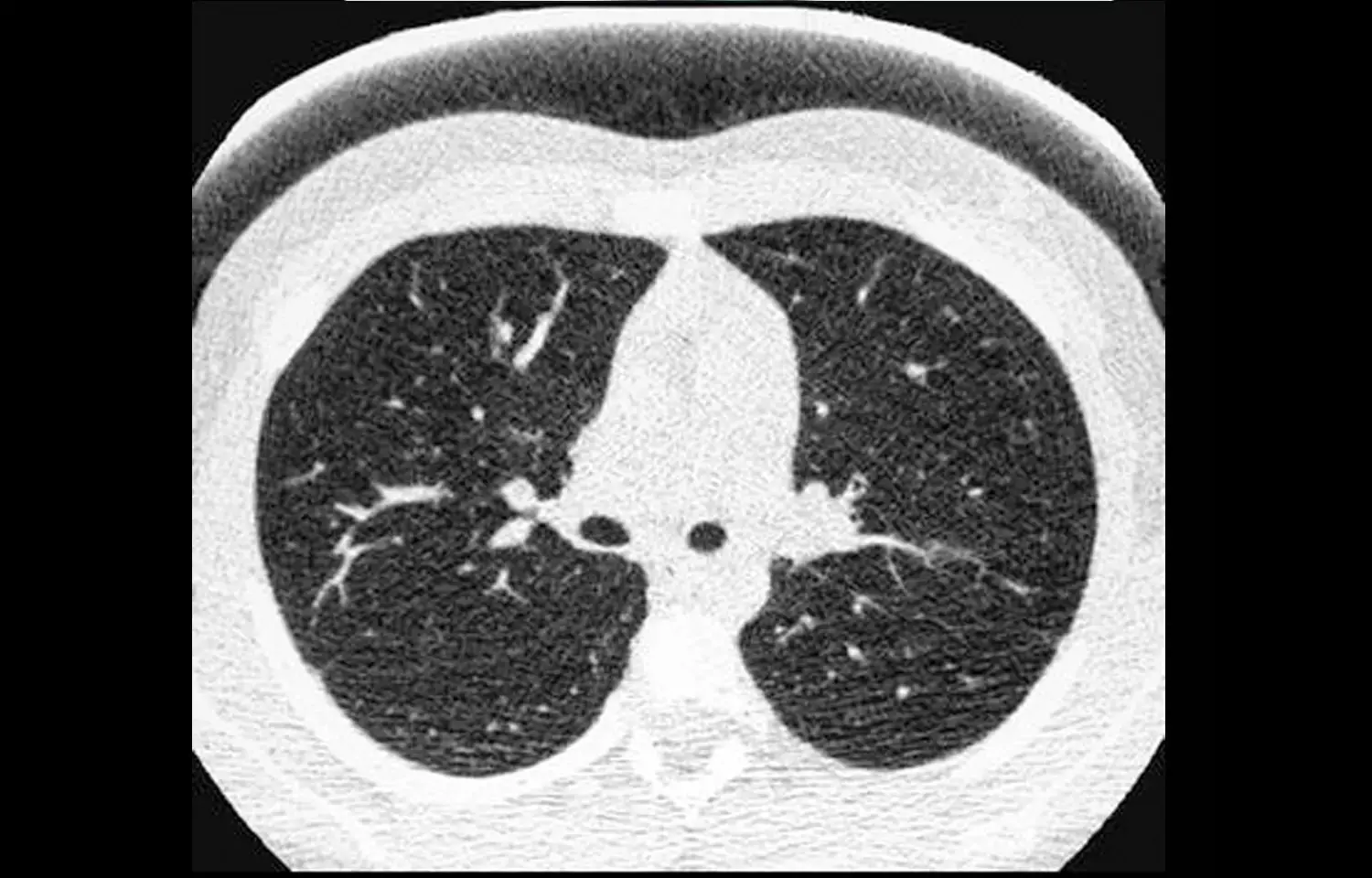- Home
- Medical news & Guidelines
- Anesthesiology
- Cardiology and CTVS
- Critical Care
- Dentistry
- Dermatology
- Diabetes and Endocrinology
- ENT
- Gastroenterology
- Medicine
- Nephrology
- Neurology
- Obstretics-Gynaecology
- Oncology
- Ophthalmology
- Orthopaedics
- Pediatrics-Neonatology
- Psychiatry
- Pulmonology
- Radiology
- Surgery
- Urology
- Laboratory Medicine
- Diet
- Nursing
- Paramedical
- Physiotherapy
- Health news
- Fact Check
- Bone Health Fact Check
- Brain Health Fact Check
- Cancer Related Fact Check
- Child Care Fact Check
- Dental and oral health fact check
- Diabetes and metabolic health fact check
- Diet and Nutrition Fact Check
- Eye and ENT Care Fact Check
- Fitness fact check
- Gut health fact check
- Heart health fact check
- Kidney health fact check
- Medical education fact check
- Men's health fact check
- Respiratory fact check
- Skin and hair care fact check
- Vaccine and Immunization fact check
- Women's health fact check
- AYUSH
- State News
- Andaman and Nicobar Islands
- Andhra Pradesh
- Arunachal Pradesh
- Assam
- Bihar
- Chandigarh
- Chattisgarh
- Dadra and Nagar Haveli
- Daman and Diu
- Delhi
- Goa
- Gujarat
- Haryana
- Himachal Pradesh
- Jammu & Kashmir
- Jharkhand
- Karnataka
- Kerala
- Ladakh
- Lakshadweep
- Madhya Pradesh
- Maharashtra
- Manipur
- Meghalaya
- Mizoram
- Nagaland
- Odisha
- Puducherry
- Punjab
- Rajasthan
- Sikkim
- Tamil Nadu
- Telangana
- Tripura
- Uttar Pradesh
- Uttrakhand
- West Bengal
- Medical Education
- Industry
Reduced-dose CT effectively detects lung nodule in kids and young adults with cancer: Study

USA: Reduced-dose CT may be a feasible option for detection of pulmonary metastatic disease in situations in which radiation dose is a primary consideration or as an option to reduce dose in patients undergoing serial chest CT to monitor known disease, suggests a recent study.
This is because reduced-dose CT can depict greater than 90% of lung nodules in children and young adults with cancer. The presence of nodules were identified with moderate sensitivity and high specificity.
"CT performed at 0.3 mSv mean effective dose has acceptable diagnostic performance for lung nodule detection in children and young adults and has the potential to reduce patient dose or expand CT utilization (e.g., to replace radiography in screening or monitoring protocols), the authors wrote in American Journal of Roentgenology (AJR).
Trout and colleagues' prospective study enrolled patients 4-21 years old with known or suspected malignancy who were undergoing clinically indicated chest CT. Study participants underwent an additional investigational reduced-dose chest CT in the same imaging encounter. Three independent radiologists blind-reviewed the separated and deidentified CT examinations, with one radiologist performing a subsequent review to match nodules between the standard- and reduced-dose examinations.
Among the 78 patients (44 male, 34 female; mean age, 15.2 years) with cancer who underwent standard-dose chest CT and reduced-dose chest CT (mean effective dose 0.3 ± 0.1 mSv, representing 83% dose reduction) in the same imaging encounter, the reduced-dose protocol detected greater than 90% of lung nodules identified on the standard-dose examination.
Noting that no prior study has directly compared clinical to reduced-dose CT for detection of lung nodules in children, "reduced-dose CT may be a feasible option for detection of pulmonary metastatic disease in situations in which radiation dose is a primary consideration or as an option to reduce dose in patients undergoing serial chest CT to monitor known disease," the authors of this AJR article concluded.
Reference:
The study titled, "Comparison of 0.3-mSv CT to Standard-Dose CT for Detection of Lung Nodules in Children and Young Adults With Cancer," is published in the American Journal of Roentgenology.
https://www.ajronline.org/doi/10.2214/AJR.21.26183
Hina Zahid Joined Medical Dialogue in 2017 with a passion to work as a Reporter. She coordinates with various national and international journals and association and covers all the stories related to Medical guidelines, Medical Journals, rare medical surgeries as well as all the updates in the medical field. Email: editorial@medicaldialogues.in. Contact no. 011-43720751
Dr Kamal Kant Kohli-MBBS, DTCD- a chest specialist with more than 30 years of practice and a flair for writing clinical articles, Dr Kamal Kant Kohli joined Medical Dialogues as a Chief Editor of Medical News. Besides writing articles, as an editor, he proofreads and verifies all the medical content published on Medical Dialogues including those coming from journals, studies,medical conferences,guidelines etc. Email: drkohli@medicaldialogues.in. Contact no. 011-43720751


